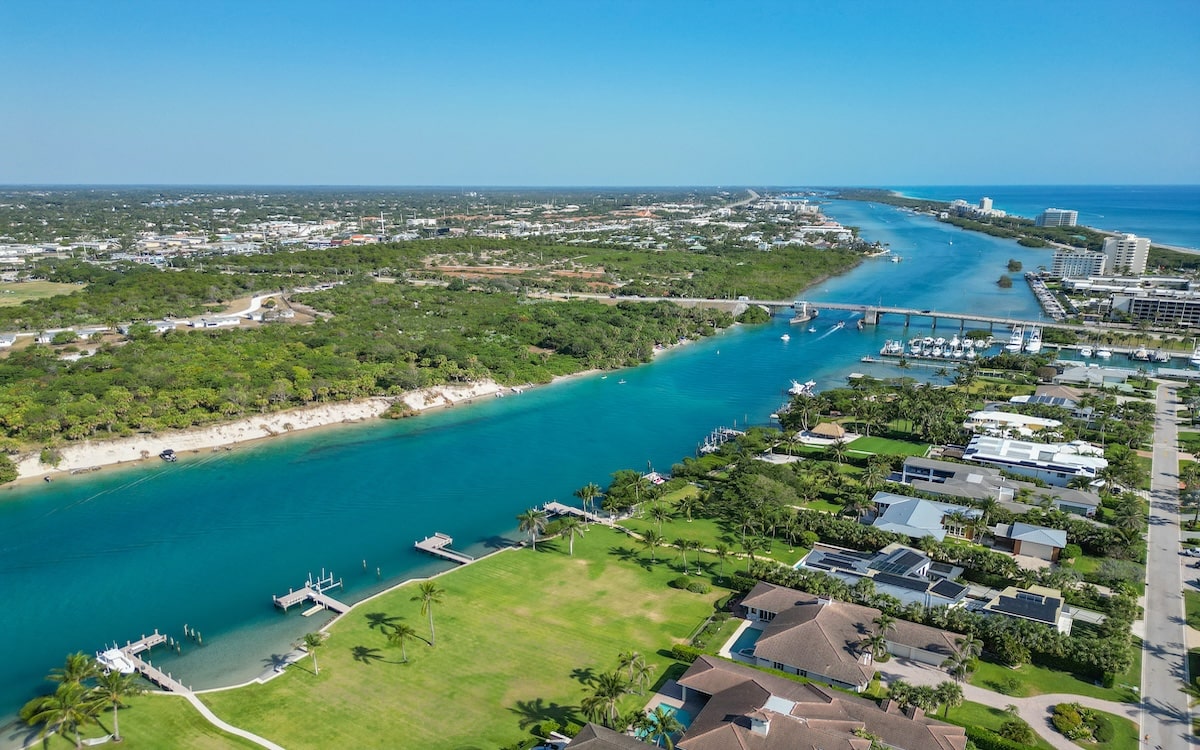While media coverage about home construction in floodplains has tended to focus on the continued, widespread—and risky—construction of homes in areas prone to flooding and Americans' penchant for moving to these places despite their inherent risks, recent research from climate adaptation experts suggests it's not the unrelenting problem experts and journalists often make it out to be, Route Fifty reports.
Yes, the last few decades of coastal development have seen homes continuing to be built in flood-prone areas, even as flood damage becomes more frequent because of rising sea levels and increased rainfall. But, while risky construction remains a significant driver of flood damages and disaster recovery costs, a national survey of floodplain development between 2001 and 2019 found that—contrary to conventional wisdom—if anything, the average U.S. city now actively avoids floodplains, with the majority of floodplain construction taking place in just two states: Louisiana and Florida.
A separate paper just published by the same researchers in the journal Oxford Open Climate Change found that it doesn’t take a sea change for a town or city to effectively limit floodplain development. According to the paper, which is focused on New Jersey, more than three-quarters of Garden State towns reduced floodplain development after the turn of the last century, and around a quarter eliminated it altogether. They did this not by passing any big legislative reforms or climate policies but instead through what the paper calls “routine municipal practices” — things like zoning changes and permit denials.







